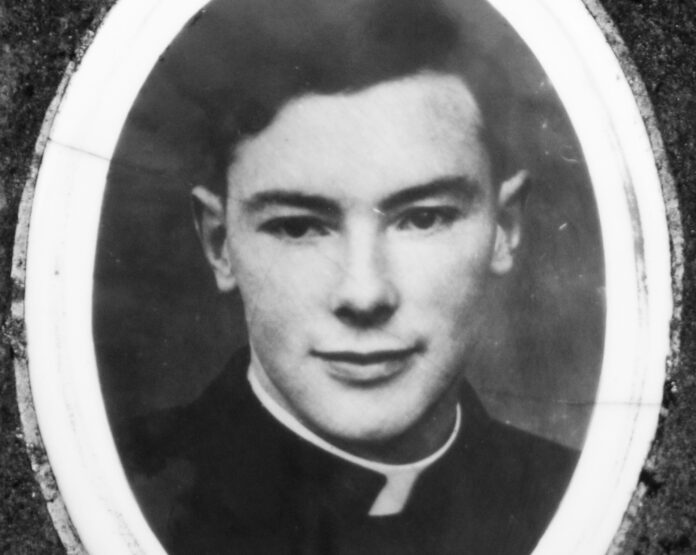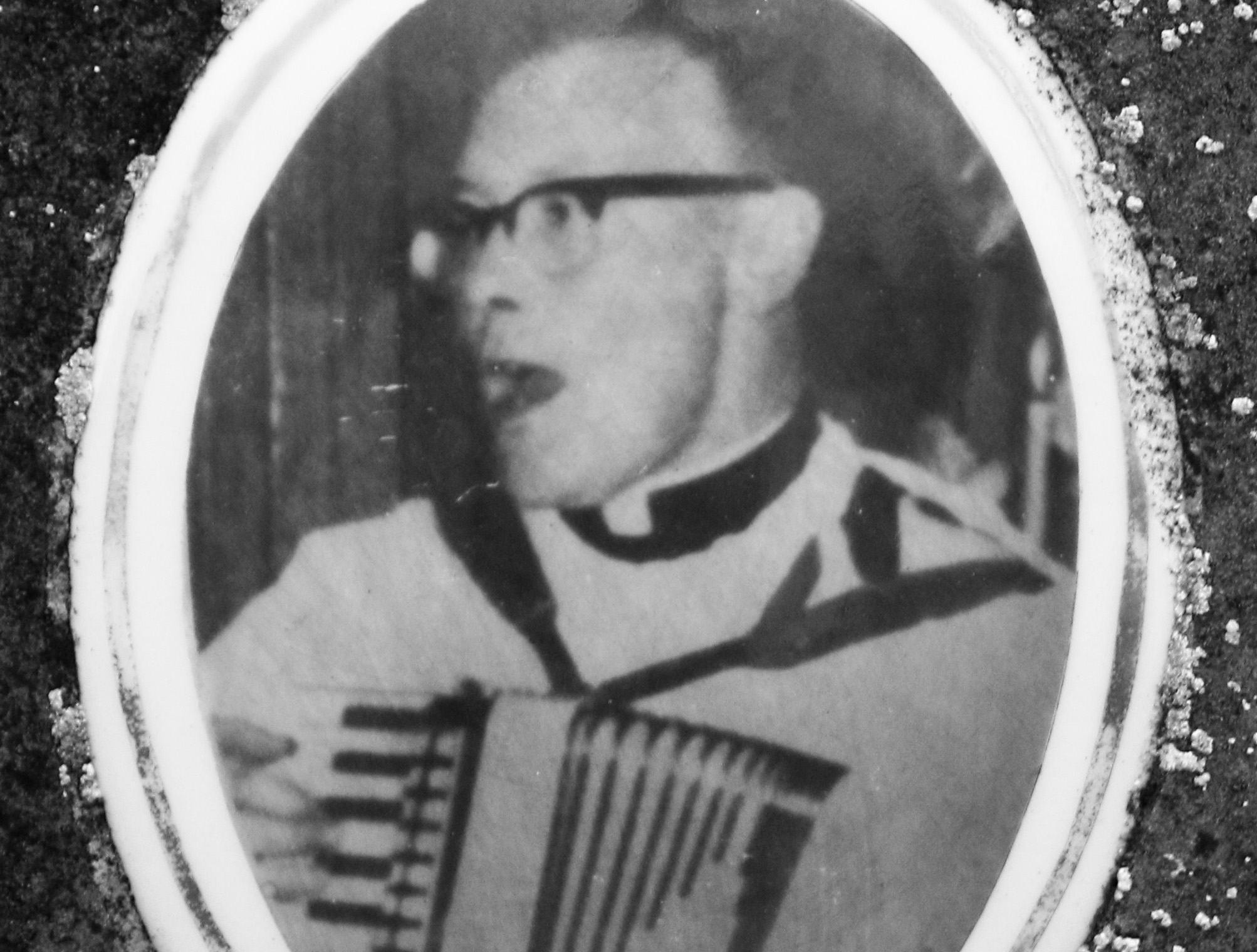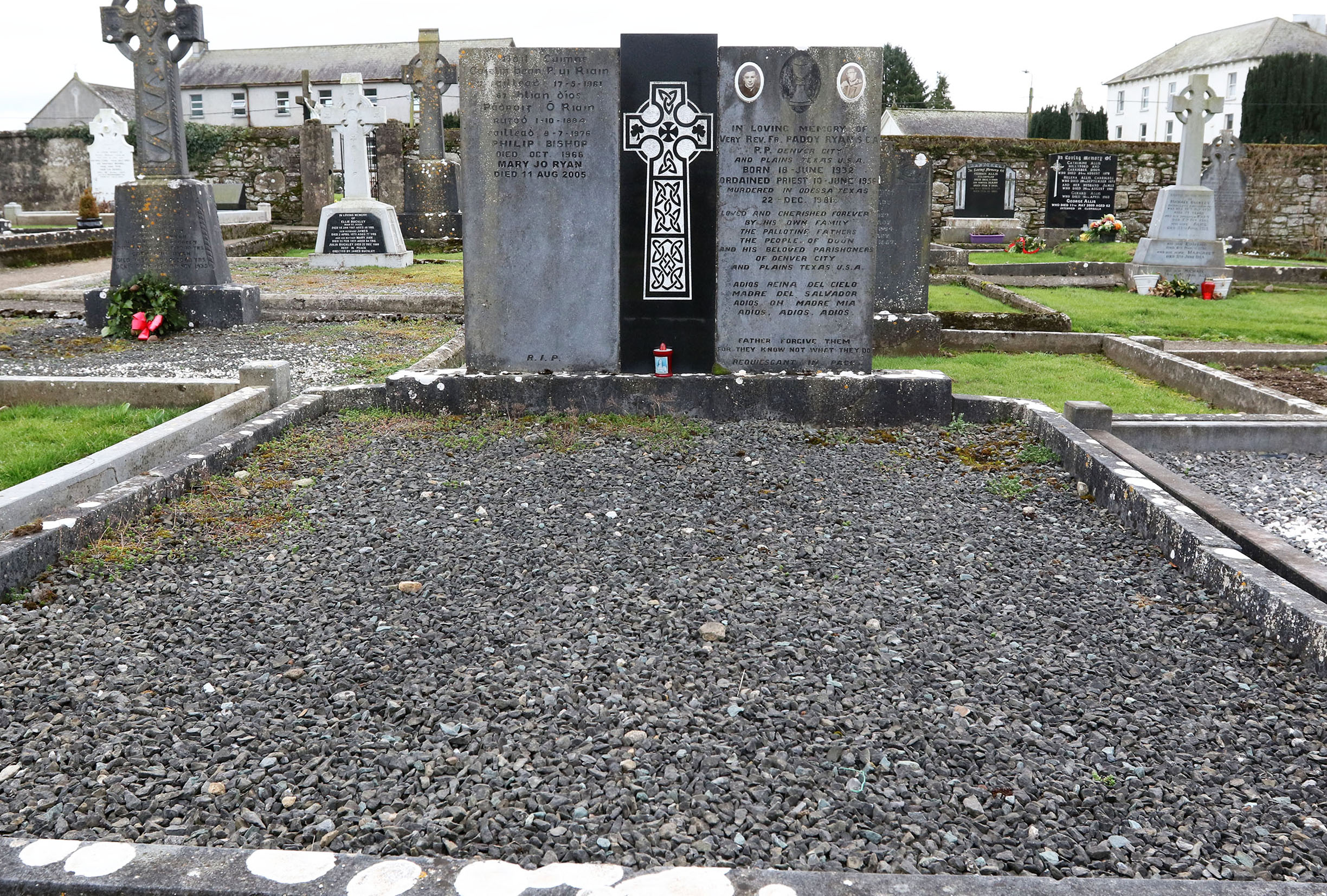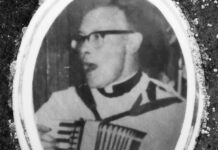
INVESTIGATORS now believe that the three main suspects in the 1981 killing of a Limerick priest found naked, bound, beaten and cut in a Texas motel room are all dead and the man convicted of the murder is innocent.
On December 21, 1981, Fr Patrick Ryan (49) who was parish priest in Denver City and Plains, Texas, checked into the Sand and Sage Motel in Odessa, under an assumed name and address.
His badly assaulted body was later found in his room at the motel which is located 80 miles from his home. When police identified the victim, they were shocked that he was a catholic priest, born on June 18, 1932, from Doon in County Limerick.
A green backpack belonging to James Reyos, then aged 25, and who lived near Fr Ryan, was found in the priest’s apartment when it was searched as part of the original police investigation.
Mr Reyos, while drunk a year later, admitted killing Fr Ryan. While in custody, he recanted his admission but police charged him with the murder.
Despite providing an alibi, Mr Reyos, who had no marks on him, was not forensically linked to the crime scene, and who passed a polygraph test, was later tried and convicted of the murder.
Following a review of the case the Innocence Project of Texas (IPTX) has now filed a writ to overturn James Reyos’ 1983 murder conviction.
The Judicial Court of Ector County, Texas, is now considering whether to hold a fresh hearing on evidence which points to the innocence of Mr Reyos who was sentenced to 38 years in jail.
The native Apache Indian, who is a recovering alcoholic, was paroled but sent back to prison for drunk driving and is currently living in a transitional living facility where his movements remain restricted.
The motel room were Fr Ryan’s body was discovered was thrashed, there was blood on the floor and walls, the bedsheets were stained and holes punched in the walls. The bed and television were smashed, the phone line had been cut, and cigarette butts, beer cans and clothes were found scattered around.
Fr Ryan’s car was found 90 miles away, his wallet was found 30 miles away. Fingerprints, blood, hair, and other DNA found at the scene did not match Mr Reyos, but were later linked to three other men who are all dead.
The IPTX stated that during the initial investigation, Mr Reyos “established through multiple witnesses, store receipts, and even a speeding ticket” that he was nowhere near the murder scene at the time Fr Ryan was killed.
“Texas Rangers verified the information, ruled him out as a suspect and the case went cold.”
Mr Reyos, who is gay, continues to claim that Fr Ryan forced him to perform a sex act on him in the priest’s apartment, the day before the murder.
He said that although he had felt shame and shock at the alleged incident, he accepted a lift from Fr Ryan the following day, which was on the morning of the killing, to collect his truck which had been impounded.
Two men gave testimony during the trial that Fr Ryan had approached them looking for sex.
The prosecution dismissed all evidence that supported the theory that Mr Reyos could not have physically carried out the killing, and argued that his allegations of sexual assault were false and designed to damage Fr Ryan’s character in the eyes of the jury.
Most of the original forensic evidence was thought to have been destroyed, however it was later discovered and fingerprints found at the scene were connected to the three men. One of the men’s DNA was found in Fr Ryan’s stolen car and a credit card in his wallet.
In an unusual move, the Ector County District Attorney’s Office, which had prosecuted Mr Reyos and fought his appeal, are now supporting the IPTX application to overturn the conviction.

In a recent statement IPTX said: “The day before Father Ryan’s death, James had visited Father Ryan’s apartment where Ryan had forced him to engage in oral sex. A forensic psychologist testified at trial that James’ guilt about the incident and his sexuality drove him to a false confession.
“In addition to the confession, the prosecution focused extensively on James’ Apache Native American race and the fact that he was gay. Despite the fact that no physical evidence linked him to the crime scene and no one disputed that it was physically impossible for him to have committed the crime, James was found guilty.
“Jurors at the time said their decision was based on the confession and his characteristics.
“Since his conviction, legal scholars, the Ector County District Attorney’s Office, the New Mexico Legislature, members of the Texas Legislature and the local Catholic Diocese all shared their belief that James was wrongfully convicted.
“However, there was not a legal path forward to prove his innocence because all evidence from the case was thought to have been destroyed.
“In 2022, members of the Odessa Police Department found fingerprints in their archives that had been taken from the crime scene and from Father Ryan’s stolen car and wallet. They ran the prints through the national fingerprint database. The analysis revealed the identities of Father Ryan’s killers – individuals with criminal histories who were known to be staying at the same motel at the time of the murder.
“All of the real perpetrators have since passed away,” the statement added.
A retired priest who attended Fr Ryan’s funeral in Doon told the Limerick Post: “He was a Pallottine priest and I was at his funeral in Doon. He was a very good singer apparently and a relative had a cassette of him singing a hymn in Spanish. As the coffin was being lowered into the tomb, they turned on the tape.”
“He was the only person I ever knew of who sang at his own funeral.”









